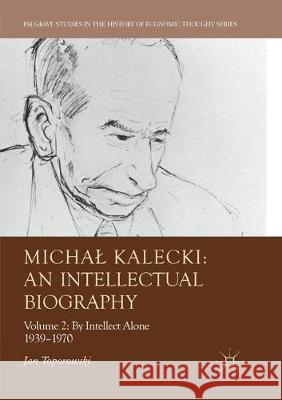Michal Kalecki: An Intellectual Biography: Volume II: By Intellect Alone 1939-1970 » książka
topmenu
Michal Kalecki: An Intellectual Biography: Volume II: By Intellect Alone 1939-1970
ISBN-13: 9783030099060 / Angielski / Miękka / 2018 / 289 str.
Kategorie:
Kategorie BISAC:
Wydawca:
Palgrave MacMillan
Seria wydawnicza:
Język:
Angielski
ISBN-13:
9783030099060
Rok wydania:
2018
Dostępne języki:
Numer serii:
000472522
Ilość stron:
289
Waga:
0.36 kg
Wymiary:
21.08 x 21.34 x 1.52
Oprawa:
Miękka











